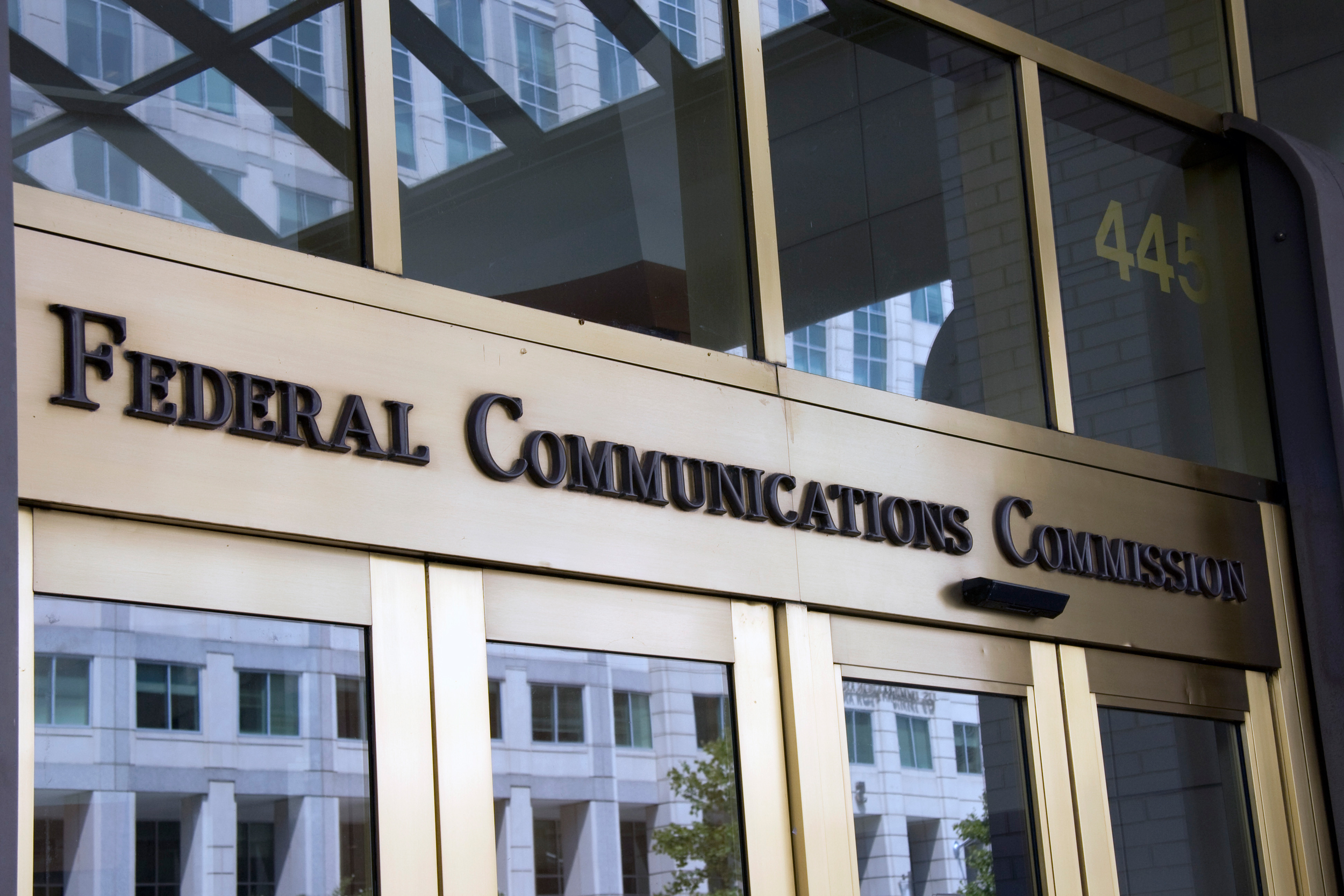FCC: Digital Divide Has 'Substantially' Narrowed

The smarter way to stay on top of broadcasting and cable industry. Sign up below
You are now subscribed
Your newsletter sign-up was successful
The FCC's draft of its 2019 Broadband Deployment report (the so-called Sec. 706 report) says that the digital divide between the broadband haves and have-nots has narrowed "substantially" and that, as the FCC's broadband deployment report previously concluded under chairman Ajit Pai, "advanced telecommunications services – broadband – is being deployed on a reasonable and timely basis."
The report has been circulated to the other commissioners for a vote, where if past is prologue the Republicans will approve and the Democrats will take issue with the conclusion.
In fact, it did not take Democratic commissioner Jessica Rosenworcel long to take issue, tweeting:
[embed]https://twitter.com/JRosenworcel/status/1097975601292468224[/embed]
Under previous chiefly Democratic FCCs, Congress' mandate that the FCC ensure that advanced telecom be deployed to "all Americans" in a reasonable and timely fashion was found not to have been met because all Americans did not have access to it.
Under the current chair, Ajit Pai, that mandate was interpreted to be ensuring that progress toward that goal was reasonable and timely, not that the goal was unmet while any American did not currently have the service.
If the FCC concludes advanced telecom is not being deployed in a reasonable and timely manner, it can regulate to achieve that end. Pai has been primarily deregulating, including by eliminating the net neutrality rules he said were slowing investment in broadband buildouts.
The smarter way to stay on top of broadcasting and cable industry. Sign up below
The current report's conclusion is based in part on findings that nearly 291 million (out of about 325 million) Americans have access to fixed broadband at speeds of 100 Mbps/10 Mpbs, up 20%, from 244.3 million. While access to a whopping 250 Mbps/50 Mbps fixed broadband was up over 45% to 205.2 million, with rural access to those speeds almost doubling.
As the report makes clear, closing the digital divide has been a priority for FCC Chairman Ajit Pai, who outlined just how that divide was being closed on his watch.
“We’ve been tackling this problem by removing barriers to infrastructure investment, promoting competition, and providing efficient, effective support for rural broadband expansion through our Connect America Fund," said Pai. He said the report showed that the strategy was working.
According to Pai, the number of Americans without access to a fixed broadband connection at the FCC's benchmark 25 Mbps downstream, 3 Mbps upstream speeds was down over 25%, from 26.1 million at the end of 2016—Pai took over at the beginning of 2017—to 19.4 million at the end of 2017, with the majority of the increase—5.6 million—in rural areas.
The tale of the fiber tape in 2018 alone was deployments to 5.9 million new homes, the biggest boost ever recorded said Pai.
And, in keeping with his argument that the previous FCC's net neutrality rules, and the threat of them, depressed investment, he says that capital expenditures by broadband providers increased in 2017, reversing declines that occurred in both 2015 and 2016.
“Bottom line: more Americans have broadband connectivity today than a year ago, "said USTelecom CEO Jonathan Spalter. "This is another proof point that the multiyear commitment of broadband innovators to infrastructure investment is expanding both the availability and speed of wired broadband service and reaching consumers in the hardest to wire parts of the country. This is a public policy goal USTelecom shares with the Commission and its Chair. The FCC’s drive to modernize regulations and remove outdated barriers has helped usher in a pro-consumer environment while stoking the engine for more innovation and investment.”
Contributing editor John Eggerton has been an editor and/or writer on media regulation, legislation and policy for over four decades, including covering the FCC, FTC, Congress, the major media trade associations, and the federal courts. In addition to Multichannel News and Broadcasting + Cable, his work has appeared in Radio World, TV Technology, TV Fax, This Week in Consumer Electronics, Variety and the Encyclopedia Britannica.

